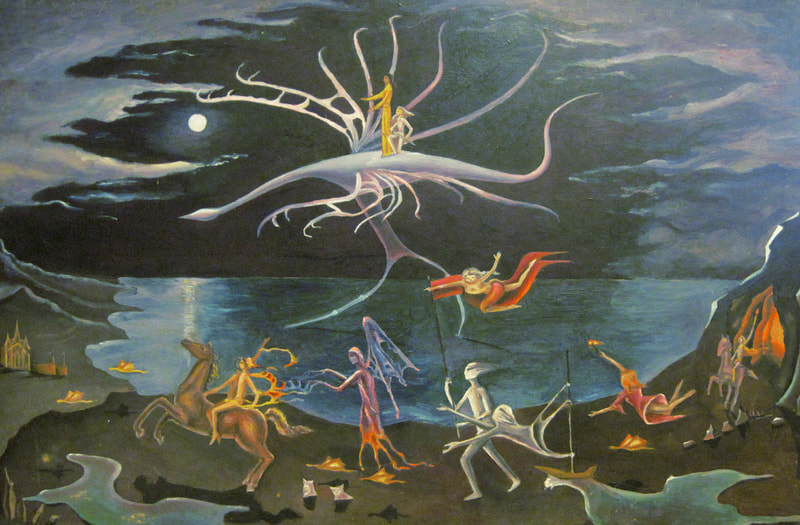1-It (DD) is a primary disorder.
2-It (DD) is a stable disorder characterized by the presence of delusions to which the patient clings with extraordinary tenacity.
3-DD is a chronic and frequently lifelong disorder.
4-The delusions associated with DD are logically constructed and internally consistent.
5-The delusions associated with DD do not interfere with general logical reasoning, although (within the delusional system) the logic is perverted.
6-There is generally no effect on behavior. When disturbed behavior occurs, it is directly related to the delusions associated with DD.
7-Individuals with delusional disorder (DD) experience heightened self-reference. Insignificant events (for others) are, for the individuals afflicted with DD, of enormous significance creating a highly-charged atmosphere around the delusions.
One difficulty with the diagnosis of DD is that almost all of these features can be found in "normal" beliefs. Many religious beliefs hold exactly the same features. (R.D. Laing)
If one proposes that religion is a delusion, the objection has been that it couldn’t possibly be true because it would mean that the majority of people are delusional, since the major portion of the human population belongs to one religion or another. So it seemed to be an untenable hypothesis.
In an article in Scientific American (a well-respected magazine in the science community), written by Dana G. Smith, on March 1, 2019, psychiatrist Randolph Nesse, one of the founders of evolutionary medicine, explained: “Why Natural Selection did not get rid of our species’ onerous psychiatric disorders.” Since approximately 20 percent of Americans suffer from mental disorders and while 50 percent will be having mental problems during their lifetime, Nesse states that “these high rates are caused by natural selection and are not influenced by our emotional well being.”
This was selected for during our species’ long evolutionary adaptation. However, mental disorders are now maladaptive; they are not advantages any more in our quickly changing modern mental landscape.
It is, therefore, possible that many humans are susceptible to delusions since they were useful during natural selection and in the survival of the human race by giving humans and our hominid ancestors the strength to face a cruel nature with all its perils. Rituals to solicit mighty gods were one way to feel we could have some influence on those natural forces. We now know what these natural forces are and how to deal with, predict and mitigate them.
It is, therefore, most likely that religion is a delusional disorder and that it is widespread. The strength off this delusion might be weak or strong depending on the individual. Since we have inherited genes, which have the tendency to form delusions, it will be very difficult to totally erase the religion delusions.


 RSS Feed
RSS Feed